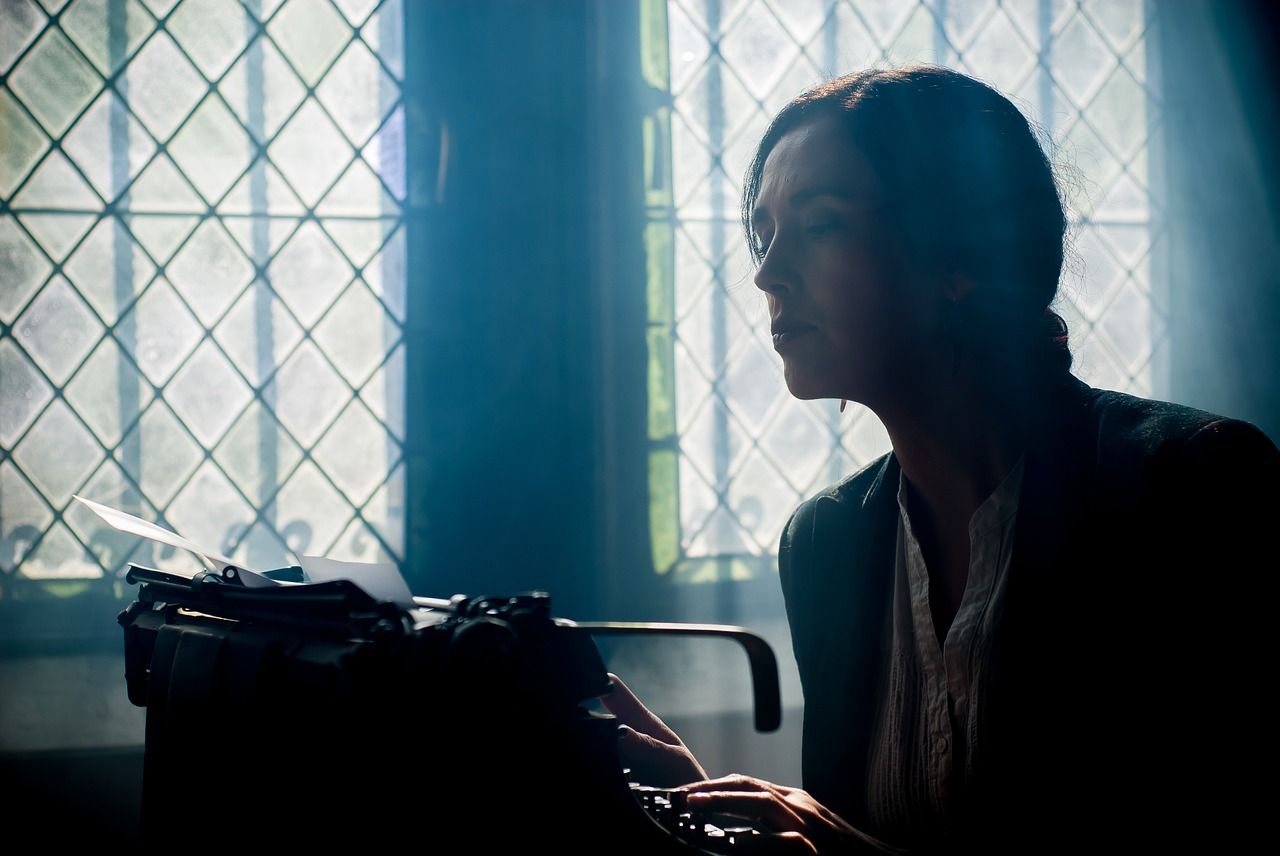
Marlie Harris, a fellow Boise area writer, said and asked the following on one of her blog posts: “I would love to read your thoughts on characters, fictional or not, and how you search then find them. Are they memorable? Do you wish you could no longer see them?”
Marlie’s artistic talents bend in the direction of thriller and horror fiction. I, on the other hand, have, until recently, focused on creative nonfiction. Although Marlie directed her question at fiction writers I commented with my perspective as a nonfiction writer.
I’ll share my perspective in a moment, but bear with me because her question and my initial answer have caused me to ruminate further on what it is to be a great writer and how great stories are dependent upon the proper development of characters.
When I read Marlie’s post, I was in a quandary. Although the bulk of my writing has been nonfiction, I recently started writing a fiction piece. By the time I read Marlie’s post I had identified the characters and formed a basic plot line, but something was missing. I was having difficulty finding one of my characters, several in fact. They felt very flat.
The words of one of my English professors and mentor, Cheryl Hindrichs, kept echoing in my mind.
Find Your Point
I’d been asking myself, What is my point? I knew what I wanted the point to be, but then I remembered something I heard Sir Salman Rushdie say during his lecture at Boise State University in 2014. He admonished writers not to preach (my interpretation of his point) or to have an agenda. It is our job to tell a story.
The story I’m trying to tell deals with complicated ideological issues: politics, gender, war. And I’ll be honest, I have a very clear opinion about how things should be, or at least how I want them to be.
But my writing had stalled. I didn’t want the story to be prescriptive, pointed, and preachy. I wanted it to be descriptive, deep, and thought-provoking. Sir Rushdie’s point had impressed itself upon me.
I abandoned my original preachy point, but was left with Cheryl’s question. What’s my point now?
In other words, why am I writing this? Why does it matter? And further, why does this matter to me? What interests me about this story; why do I want to write it?
As I pondered all of those questions I read Stephen King’s book, On Writing: A Memoir of the Craft. At one point he talked about developing characters that are real. We must acknowledge that “murderers sometimes help old ladies cross the street.” I’ve seen this failure time and again in books I’ve read and edited.
Characters are either good or bad, and while authors may sometimes allow the hero of the story to be flawed and multidimensional, their villains rarely are. We, myself included, are uncomfortable with complex characters, particularly “bad” ones. They can be difficult to write.
Mine was difficult to write.
I added King’s advice to Rushdie’s--don’t preach, acknowledge all aspects of my characters’ lives, and once again asked myself Cheryl’s overarching question, “What’s the point”?
I was getting closer. I was starting to feel my way toward my story and its characters.
And then along came Marlie, asking questions, good questions.
Here is my original response to Marlie’s question:
I am a creative nonfiction writer, so, much of the work I do is reflective. As I write about myself and those around me, the situations we find ourselves in, etc. it is, as you said, a search for the character, my, or our, inherent character(s) that drive a thought or an action.
When I begin to write it’s like seeing the reflections in a foggy mirror. The more I write and seek the finer details, the more the fog evaporates until I see with clarity.
I never wish I hadn’t seen a character, although I am surprised by that fact. Even when I write about difficult people and my experiences with them, the process of finding my character and theirs brings me closer to who I truly am and closer to who the other person truly is. I am always astonished by the fact that I find reflections of myself in others–even those I dislike–and that seeing myself in them makes me more thoughtful.
Switching metaphors, but I can also see it as two sides to a coin. The faces/characters may be back-to-back, but they still touch. It’s that point where characters touch that inspires and intrigues me and keeps me searching.
Answering Marlie’s question allowed me to articulate what I love about writing and how I find a character. It was a watershed moment.
Hindrichs, Rushdie, King, and Harris helped me identify why I write, why it matters, and how I will find my way.
I no longer write to make a point. I write so that I can find the places where my characters touch one another, where the difference between a “good” character and a “bad” one disappears, where the characters share common ground--that uncomfortable place I believe King was referring to.
I write until I force myself to see my reflection in every character.
Marlie, I hope I never write a character that I wish I could forget, because that would mean that the development of my own character would be fixed, for I would no longer be willing to see myself any more clearly. The mirror would begin to fog, and I would once again view myself as being on the opposing side of that which causes me discomfort.
It seems to me that the development of fictional characters is tied to the development of their writer’s character and guided by the questions that make that writer love their craft.
Related: To Write a Better Memoir or Novel, Think Like a Screenwriter, Movie Director, and Cinematographer
Photo attribution: Pixabay, CO0
Cristen Iris
WriteNow, LLC
2015
